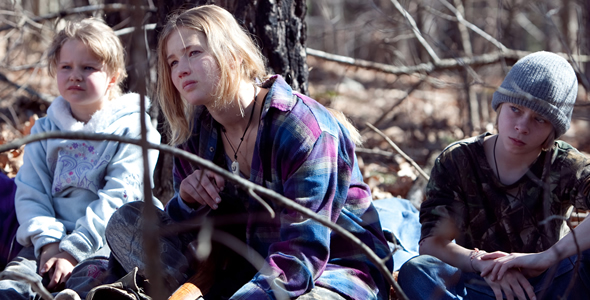 When Jesus saw the crowds, he went up the mountain; and after he sat down, his disciples came to him. Then he began to speak, and taught them, saying: "Blessed are the poor in spirit, for theirs is the kingdom of heaven. Blessed are those who mourn, for they will be comforted. Blessed are the meek, for they will inherit the earth.” (Matthew 5)
When Jesus saw the crowds, he went up the mountain; and after he sat down, his disciples came to him. Then he began to speak, and taught them, saying: "Blessed are the poor in spirit, for theirs is the kingdom of heaven. Blessed are those who mourn, for they will be comforted. Blessed are the meek, for they will inherit the earth.” (Matthew 5)
During his life on earth, Jesus chose to see and care for people who were invisible to most of their contemporaries. He saw beyond the caricatured identities their communities gave them. Whether they were poor, diseased, working in despised professions or simply condemned for their sins, Jesus knew their hearts and loved them; he knew who they were because as the Word made flesh he was the one who brought them into being, and was now revealing their true identity as beloved of God. The film Winter’s Bone is about a set of people who are similarly invisible because of their lack of status, wealth, and education.
Winter’s Bone is not for everyone; it is not awash in carefully filtered feel-good scenes that seem able to add a warm, comfortingly safe numbness of familiarity. Instead it is filled with people who, with few exceptions, are caught in life circumstances from which there are no easy exits. These are folks from the Ozarks of Arkansas who are often written off as detritus, caught in some perverse time warp leaving them out of touch with most of the 20th century, let alone the 21st.
Five minutes into Winter’s Bone the central character, Ree, a 17 year old girl who wants to join the army for the promise of a $40,000 bonus she can provide her mother and younger brother and sister, learns that her dad, recently arrested for cooking meth, is out on bail, and now is no where to be found. Part of his collateral for bail is the house and land where they live. Ree, already responsible for the safety and well-being of her younger siblings and their mentally-impaired mother, now faces the task of finding her father and bringing him back so he can stand trial, or prove he is dead, so the family can remain in a home empty of food and money and requiring split wood for heat.
There are numerous occasions in the film when it seems like the wisest, safest choice for Ree would be to sell the timber on her family’s land, turn over the care and keeping of her mother, brother and sister to neighbors, and enlist in the army. This is the only apparent way to escape the gnawing poverty rooted in the lives of her family and neighbors as completely as the desolateness of Ree’s mother, who has taken her thoughts to some deep, unreachable location. Against the counsel of friends and the death threats of her father’s enemies, Ree sets off on foot in search of the seemingly invisible Jessup.
Sadly, for many, the scenes in Winter’s Bone are probably less real than Leonardo DiCaprio’s dreamscapes in Inception; the Arkansas presented is a nightmarish world filled with characters and events so alien to most Americans’ existence that they may seem to come from another universe. But if we take the time to open our eyes to the tenderness, fragility, and humanity present in Winter’s Bone, and remove our cool shades of indifferent arrogance, then perhaps we can consider its multi-faceted dimensions of people, places and events. And perhaps we will ask the Holy Spirit to give us his eyesight for more than a two hour movie, so we can begin to see others with God’s eyes, and love each other as God loves us.

















